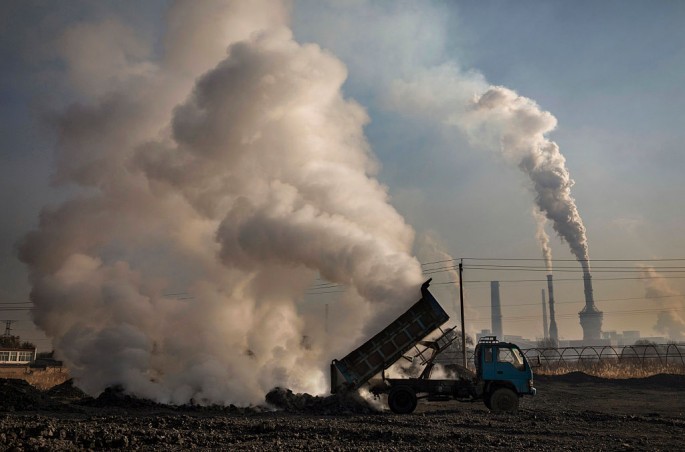In a bid to help fight climate change, China's real estate developers have initiated a green index, Reuters reported. The move will aid them in managing their cement, iron and steel suppliers.
Top property developers including Vanke and Landsea, together with business associations like Society of Entrepreneurs and Ecology (SEE), have launched the project called The Real Estate Green Supply Chain Initiative.
Reuters noted that at least 71 of China's real estate developers with sales revenue of 1.3 trillion yuan have signed up for the initiative. These firms' sales account for 15 percent of the sector's cumulative sales revenue.
The project also involves over 2,000 upstream suppliers.
Currently, the real estate and construction sectors of the world's second biggest economy account for eight percent of the global carbon emissions. Some studies further showed that the said sectors are major contributors to China's smog.
According to the Institute of Public and Environmental Affairs (IPE), the endeavor marks the first time that various players in the industry teamed up to improve the environmental management of their supply chain.
Meanwhile, the United Nations Environment Program touted the landmark project as a "global first."
IPE director Ma Jun highlighted in a message during the green index's launch that it is high time for Chinese brands to take part in the worldwide fight against climate change.
"We talk about the supply chain, we talk about global brands. Where are the Chinese brands? We continue to get this question from global brands. Today, we can say--Chinese brands have arrived."
Ma also lauded China's real estate developers' efforts to track supply chains, saying that to "figure out where the concrete and steel comes from is [already] an enormous feat."
Qian Xiaohua, head of SEE and director of one of China's biggest property developers, Sunac, noted that the project's timing is right as the Chinese government is also simultaneously "tackling overcapacity in its steel and iron industries."



























